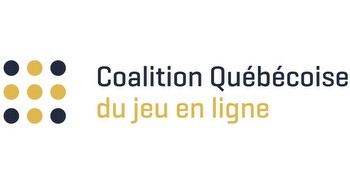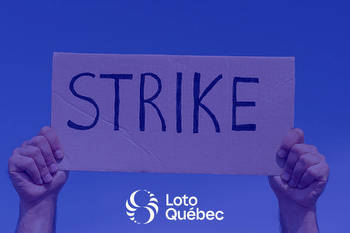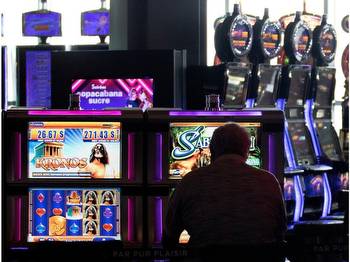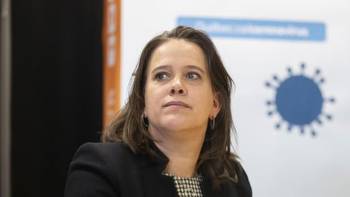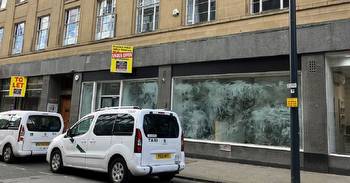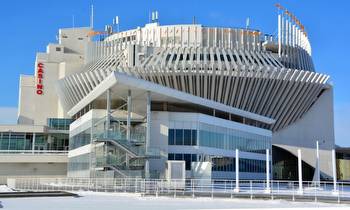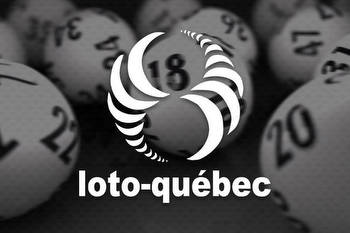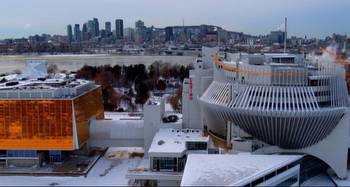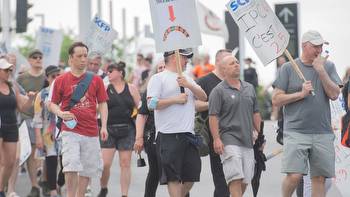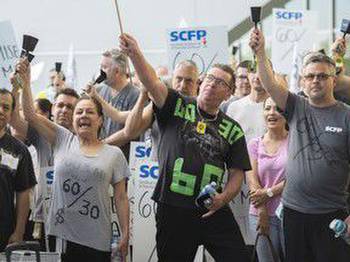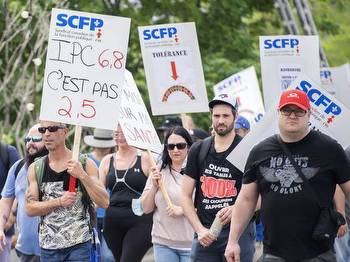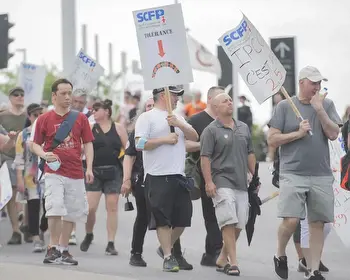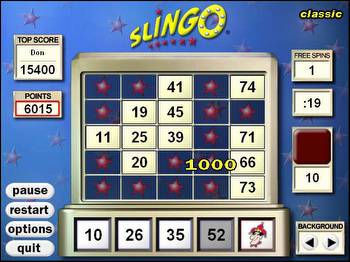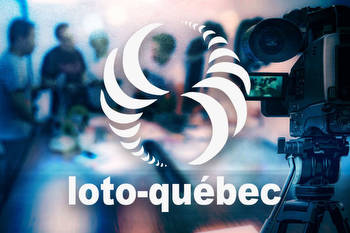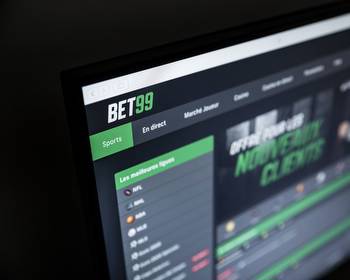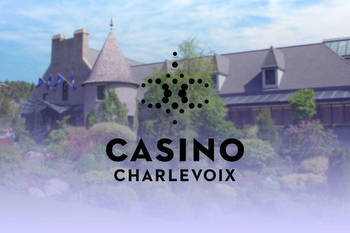Loto-Québec's plan to open mini casino near Bell Centre panned by gambling addiction experts
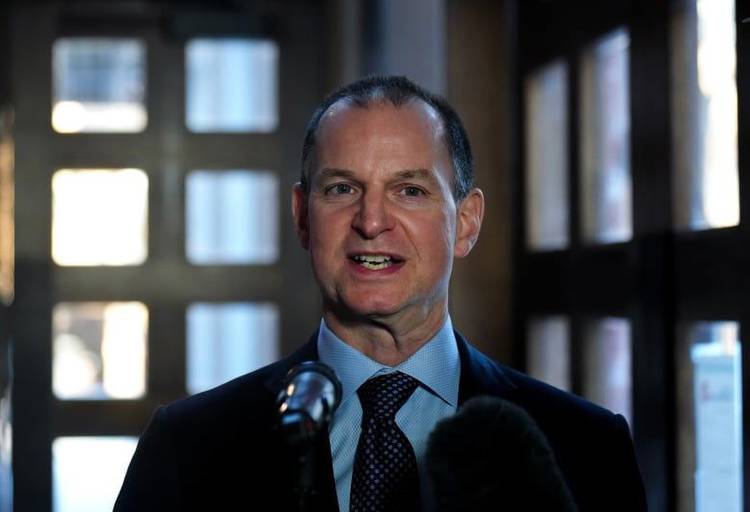
Loto-Québec is looking to open a new facility near Montreal's Bell Centre with potentially hundreds of slot and sports betting machines, but the plan is raising concerns among gambling addiction experts.
Accessibility and availability are linked to problem gambling, according to Dr. Jeff Derevensky, head of the International Centre for Youth Gambling Problems and High-Risk Behaviours.
"Now the vast majority of people are not problem gamblers, but nevertheless if you give them the opportunity, some people will develop a gambling problem," said Derevensky, who also chairs the educational and counselling psychology department at McGill University.
Loto-Québec declined CBC's interview request Wednesday, but a spokesperson confirmed that the discussion has been ongoing for a few months now.
The aim is to rent the now closed 1909 Taverne Moderne, a former bar on des Canadiens-de-Montréal Avenue.
If the project materializes, Loto-Québec would operate the space with food and games, the spokesperson said, adding that no further comment will be made.
However, Loto-Québec's CEO Jean-François Bergeron did an interview with the radio station 98.5 FM on Wednesday, saying the idea was to attract Bell Centre clientele.
Creating the perfect storm
But Derevensky said establishing a mini casino in the downtown core could attract a vulnerable population.
"You have a perfect storm here, bringing a casino into the downtown core. In an area which is highly visible, easily accessible and you're going to attract quite a few people," he said.
According to a 2017 study by Montreal public health, the neighbourhood surrounding the Bell Centre already has a population more vulnerable to problem gambling.
This isn't the first attempt to bring a casino onto the island. Back in 2006, the Cirque du Soleil and Loto-Québec had to drop plans to build a casino in the Peel Basin after community backlash.
As for building a mini casino next to the Bell Centre, Loto-Québec says the plan is still in the embryonic stage and more details will be released as it develops.
Government looks to public health for decision
Quebec's finance minister, Eric Girard, said on Wednesday that the government would only accept the proposal if public health approves.
The other condition would be that the total number of gambling machines in Montreal is reduced before the mini casino is opened.
Montreal Mayor Valérie Plante said she also wants public health to weigh in before any plan is approved. She said she would also like to evaluate the proposal in more detail herself.
"They want to make sure there's social acceptability, and with that I also agree, because it's a big project," Plante said, noting she's aware that this may have an impact on already vulnerable populations.
Sylvia Kairouz is a professor in the department of sociology and anthropology at Concordia University. She also holds the research chair on gambling.
She said establishing a casino next to the Bell Centre, where the Canadiens play, puts those gambling machines in a positive light.
She said research shows that 70 per cent of revenue generated from slot machines comes from just three per cent of those who play — usually problem gamblers.
"Those machines are not an ordinary commodity," said Kairouz. "They are harmful."
She said some researchers talk about how gambling machines "were conceived to create addiction."
Derevensky cited a quote from the 1989 film, Field of Dreams starring Kevin Costner: "If you build it, they will come."
"And so you're going to have more people, a larger population of people engaging in slot-machine playing," he said.
"You'll have a captive audience who's at the Bell Centre — particularly young men who are very interested in wagering on sports."








